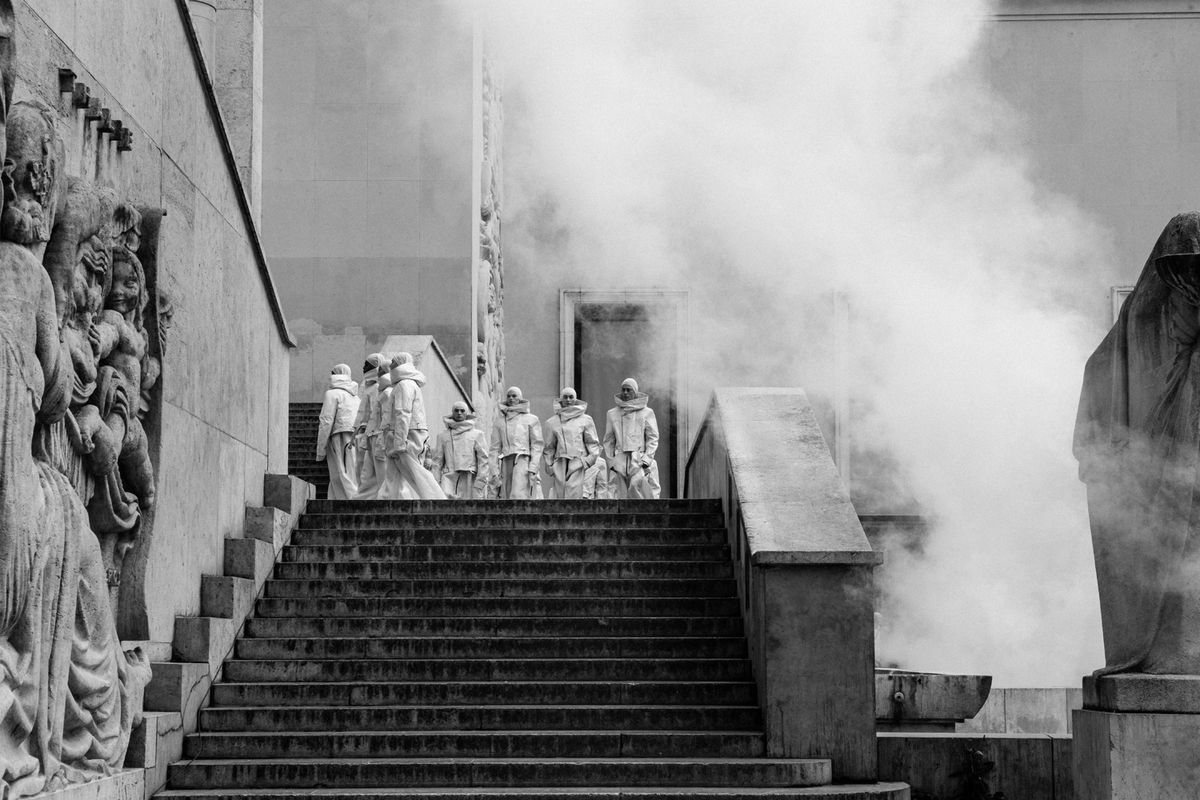Jobs
Carnegie Mellon University researching impact of autonomous technology on transportation workers’ jobs.

Carnegie Mellon University (CMU), in partnership with the Amalgamated Transit Union, Transport Workers Union and the AFL-CIO’s Technology Institute, is conducting research to understand the impacts of autonomous technology on transportation workers’ jobs.
The research will inform new strategies for tools for pedestrian detection, lane centering, emergency response and social support. It is supported by Safety21, a U.S. Department of Transportation’s National University Transportation Center at CMU and will be presented at the U.S. Department of Transportation’s Future of Transportation Summit this month.
The research team conducted a year-long study with mass transit operators in the United States and Canada to better understand their routines. It also provided insight into how operators are already using assistive technology in their vehicles, such as lane centering. The technology uses cameras to detect lane markings or boundaries on the road. According to the study, the technology is not well-calibrated for buses, as multiple operators interviewed for the study noted they hear constant beeping because the bus is oversized so they switch it off.
The study found social support is also needed in non-emergency situations and the team hopes to develop tools that can aid in better communication between operators and passengers. One idea the team has is to develop an app that could allow passengers with disabilities to convey the need for assistance before they board a bus.








